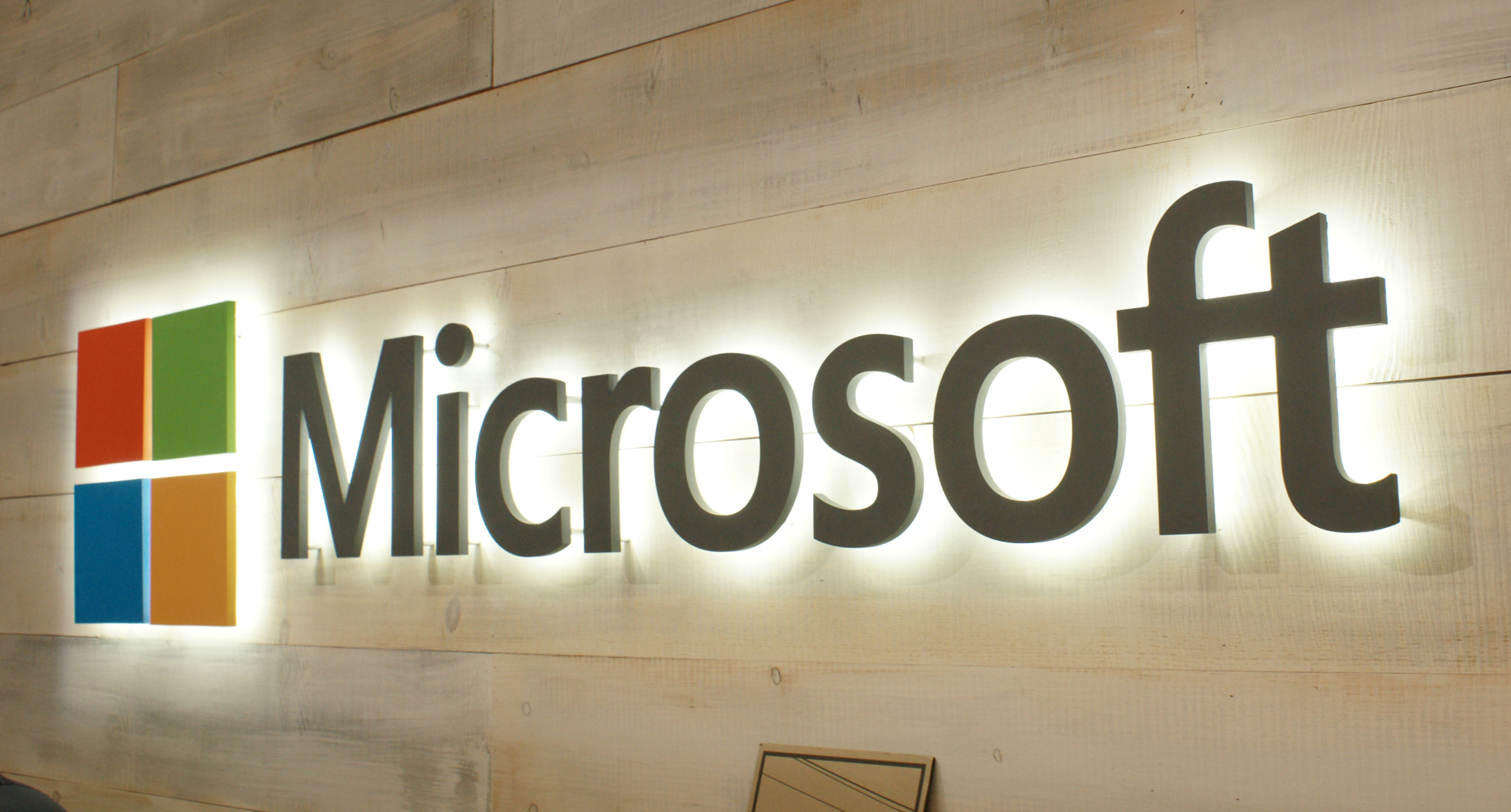
The Microsoft Game of Learners (GOL) hackathon has finally come to an end. This was a 5 week-long virtual initiative made up of a gamified learning program developed by the Africa Development Center (ADC). The hackathon was comprised of weekly sessions and at the end of the 5th week all participating teams submitted their final projects for judging.
The main objective of the program was to empower the students to develop impactful solutions that can help address some of Africa’s and the world’s challenges. It is structured as a 5-week virtual hackathon comprised of weekly sprints where, at the end of the 5th week, all participating teams submit their final projects for judging. There were 19 volunteers from ADC and Microsoft Global Sales and Marketing department to train, coach the students throughout the 5-week engagement and judge each team’s final project submission.
In the end, mobile-based medical app, RemD, have emerged the winners of the Game of Learners (GOL) competition sponsored by Microsoft’s Africa Development Center (ADC).
RemD uses technology to avail a set of tools and services that aim to bring health care services to a user or an organization. Through the app, a user requests for consultation services selecting whether they would like consultation with either a general physician, a psychiatrist, or a paediatrician. They then receive a message from the bot to begin triage where all the symptoms are recorded. After the triage, the bot sends all the information recorded to the doctor on the App. The doctor continues the conversation with a user via SMS. If the doctor deems it necessary, an in-person appointment can be set up.
“Any user seeking medical services can access our services through the mobile app or the USSD App. While the doctor on the other end can interact with these users using the windows app,” explains the RemD team leader, Joshua Ndemenge.
The African Development Center Managing Director Jack Ngare congratulated all the 25 participating students noting that some of the projects presented had big potential for commercialisation and Microsoft was willing to support them achieve that dream. Apart from RemD, the other projects submitted include Tribore, MediChap, Mizizi and Motion, all showcasing various solutions to avail healthcare solutions via different technology platforms.
“We are so keen on enabling the next generation of great African engineers and innovators that will not only benefit Microsoft, but the entire ecosystem as well,” Ngare said.
To ensure that all participants had required tools to participate, every participant received:
- Solar panel with battery and inverter
- MiFi device loaded with data bundles
- LinkedIn Learning vouchers
- Azure Fundamentals exam vouchers
- DevOps and agile practices training
- 1-year Azure credits
- Digital certificate and digital badge for participation
Every member of of the winning team will be rewarded with:
- Additional 1-year Azure credits
- Additional 1-year LinkedIn Learning vouchers
- Digital certificate and digital badge for winning
- One on one mentorship from preferred Microsoft professionals
Also Read: Microsoft Teams Ups the Number of Participants in Virtual Meetings to 20,000

